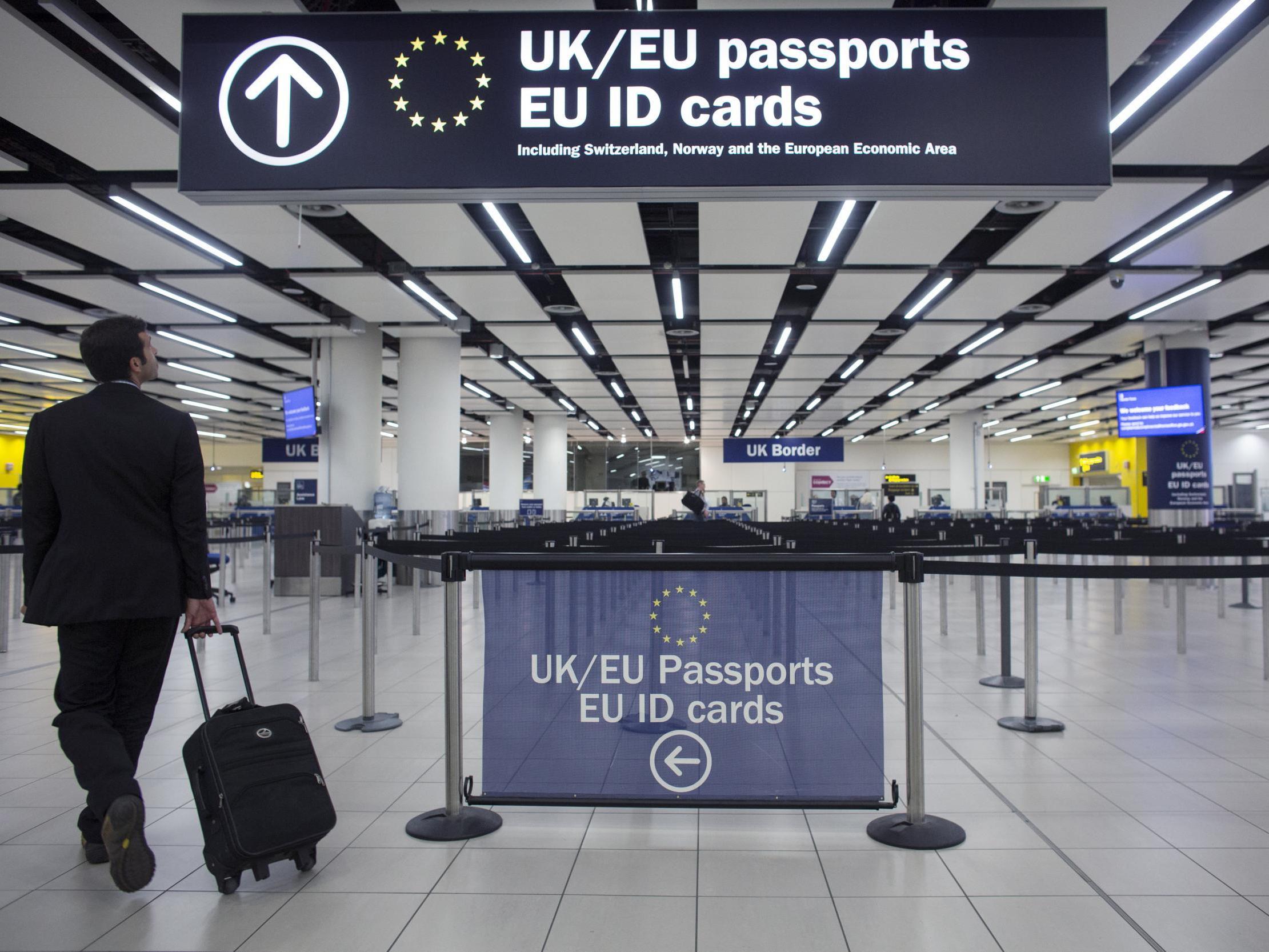Your support helps us to tell the story
From reproductive rights to climate change to Big Tech, The Independent is on the ground when the story is developing. Whether it's investigating the financials of Elon Musk's pro-Trump PAC or producing our latest documentary, 'The A Word', which shines a light on the American women fighting for reproductive rights, we know how important it is to parse out the facts from the messaging.
At such a critical moment in US history, we need reporters on the ground. Your donation allows us to keep sending journalists to speak to both sides of the story.
The Independent is trusted by Americans across the entire political spectrum. And unlike many other quality news outlets, we choose not to lock Americans out of our reporting and analysis with paywalls. We believe quality journalism should be available to everyone, paid for by those who can afford it.
Your support makes all the difference.Brussels is to move forward with plans for a new European Labour Agency that would police work standards for immigrants across the bloc.
The new EU authority will help crack down on undeclared work by EU migrants – a practice sometimes accused of driving down conditions and wages for foreign and domestic workers alike.
The authority will also help member states resolve cross-border disputes, provide information for workers and employees alike about cross-border working, and help enforce EU law. There are estimated around 17 million EU nationals working in EU countries other than their own.
Under the proposals agreed by negotiators for the European Parliament and European Council participation in the authority will be voluntary. The plan must be formally signed off by member states and MEPs.
“This agreement is another important step to ensure a well-functioning EU labour market,” said Marius-Constantin Budăi, minister for labour in Romania, which is currently chairing the EU Council’s rotating presidency.
“The ELA will provide crucial assistance to the national administrations in the implementation of the relevant Union legislation. At the same time member states will only take part in ELA’s activities on a voluntary basis.”
In recent years there has been a push to reform aspects of cross-border working in the EU. In April last year the bloc agreed to impose limits on the so-called “posting” of workers – limiting postings to a year and requiring the following of local labour standards and social security rules.
Some member states had previously complained that that posted workers directive had led to “social dumping” because it meant companies could employ workers at lower wages than domestic workers.
EU member states disagreed on whether the new agency should be called the European Labour Authority or the European Labour Agency. The latter proposal won out because it “would reflect the fact that the ELA’s role would be limited to supporting the member states” rather than representing an expansion of EU power.
The agency was first proposed by the European Commission president Jean-Claude Juncker in 2017. A location for the agency’s head office will be decided when it has been formally signed off.

Join our commenting forum
Join thought-provoking conversations, follow other Independent readers and see their replies
Comments